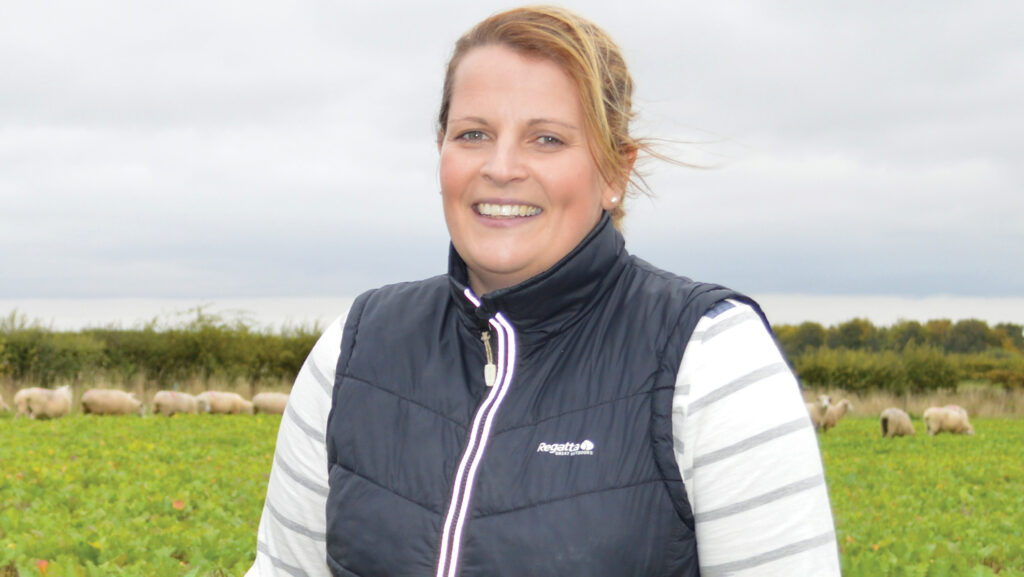Opinion: Budget just puts us on a par with other industries
 Jo Franklin © MAG/David Jones
Jo Franklin © MAG/David Jones Sitting down to watch All Creatures Great and Small, with Armistice Day just gone, it truly puts the bleating of those with high capital wealth after the Budget into context.
It reminded me how previous generations have been asked to make the ultimate sacrifice for the greater good, and make it they did – twice, in quick succession.
We have replaced a preparedness to save with a penchant for borrowing – the government included – and now the piper has to be paid.
See also: Opinion – farmers have been brainwashed into not fighting back
We all have to do our bit and changes will have to be made, but nothing fractionally as bad as our grandparents had to.
Most farmers have inherited their farms, giving them the luxury of operating often-unprofitable lifestyle business while paying far less tax than “normal” businesses.
We all knew coming into a post-subsidy world that all farms would have to become profitable to survive.
Having the new government close the tax loopholes that have helped prop up UK ag before we have got our businesses in order is tough, but in many ways, it’s just ripping the plaster off.
Take a 500-acre (202ha) farm worth £5m. At 20%, inheritance tax would be £800,000.
Divided over 25 years, that’s £64/acre, which is less than an AHA rent – and about one-third of a farm business tenancy rent. This is currently paid by many profitable tenanted businesses, so it’s far from the drama many are making it out to be.
Our responsibility is to create a healthy, profitable business that can cope with change to hand to the next generation. Trusts, gifts and life insurance can also lessen the blow.
It’s not the taxes that might face the next generation if we fail to plan that we should be up in arms about. That was a smokescreen.
It’s the measures brought in that affect our cashflows for this year and hamper our ability to make profits going forward.
Rises in national insurance and the minimum wage, a new fertiliser tax, taxing twin cabs as cars – and the one that will wipe £44,000 from our cashflow over the next 18 months – the hatchet job on the remaining Basic Payment Scheme.
Coinciding with the Rural Payments Agency’s failure to properly deliver the long-awaited Sustainable Farming Incentive, and low prices as a result of years of supermarket wars, even the best businesses will become unprofitable unless supported by other income.
This is what we should be marching about.
All farms will require change to survive the next few years, so we must find opportunities that are right for us, or cease trading. Normal rules now apply.
It’s imperative a discounted cashflow is used to identify the true opportunities and avoid becoming busy fools.
Very few diversifications would stand up to this scrutiny if properly tested, and the initial capital for the diversification may well be better invested elsewhere.
We will almost certainly have to separate “the estate” and “the business”, or even “enterprises” for succession planning.
We can look to other industries for how this can work, with children not capable of – or not interested in – running the farming operation receiving shares in the business, rather than any draw on the land asset.
Watching All Creatures Great and Small reminded me how much has changed, but we have to change again now.
We have no right to maintain our world exactly as we like it, while others have to change or close unprofitable businesses.

